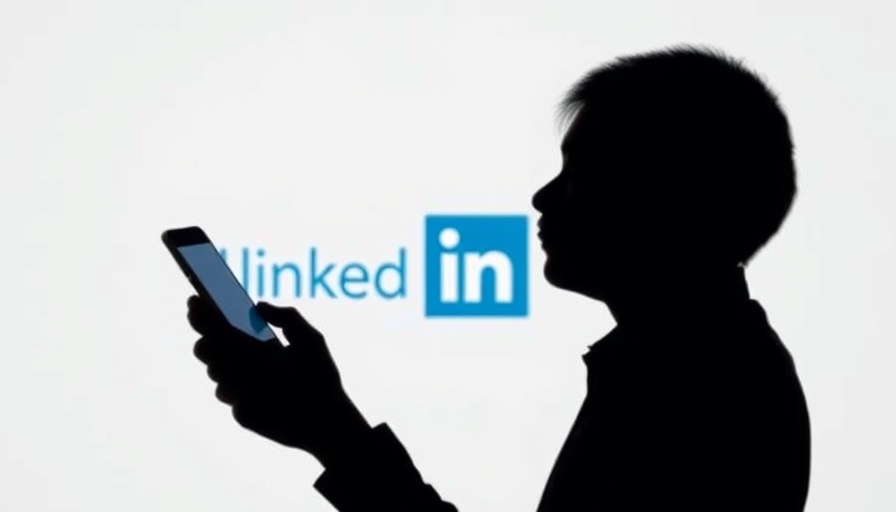
Understanding AI's Role in Job-Seeking
In a world increasingly driven by technology, AI tools like writing assistants have promised to enhance our professional profiles and job-seeking efforts. However, LinkedIn's CEO Ryan Roslansky reveals that the uptake of AI writing assistants on the platform hasn’t met expectations. This resonates particularly in a field where online persona and professional reputation are paramount.
The Barriers to Adoption
Why have LinkedIn users hesitated to fully embrace AI-generated post suggestions? Roslansky suggests that the stakes are higher on LinkedIn compared to platforms like Twitter or TikTok. Posting an AI-generated message may lead to scrutiny and potential backlash, impacting one’s professional credibility. “This is your resume online,” he emphasized, highlighting the direct correlation between a person's online presence and their career opportunities.
Analyzing the Growth of AI-Related Skills
Despite the slow start for AI writing assistants, the job market is witnessing a significant transformation. Roslansky noted a staggering 6-fold increase in jobs requiring AI skills over the past year. The willingness of LinkedIn users to list AI skills reflects a growing recognition of AI's value in professional settings. This paradox reveals that while users might shy away from automated content generation, they are nonetheless eager to gain competency in AI-related areas.
The Implications of Going AI
This rise in AI-skilled positions introduces important questions about the future. What does it mean for professionals to master AI tools? As AI becomes interwoven with job descriptions, the reliance on human-generated content might change the criteria for hiring. Understanding how to leverage these tools while maintaining authenticity in communication could be key to future success.
A Cautionary Tale
Roslansky’s insights also underscore risks associated with over-relying on AI. Professionals must strike a balance between harnessing AI's capabilities and ensuring their personal voice remains intact. Too much automation may lead to generic messaging that fails to engage an audience. This hesitancy to adopt AI writing assistants could stem from a fear of diluting personal brand identity.
What Lies Ahead for Professionals?
As we look to the future, it's clear that AI is not just a buzzword but a critical skill in the evolving labor market. Professionals who adapt to this change and cultivate their unique voice while utilizing AI tools will likely find the most success. As the landscape of career opportunities shifts, embracing AI can be a dual-edged sword: it could either enhance capabilities or risk diminishing the personal touch that has long been valued in professional communication.
Actionable Insights for LinkedIn Users
LinkedIn users are encouraged to engage with AI writing tools cautiously. While there's value in utilizing technology to polish posts, professionals should prioritize authenticity. Incorporating AI can enhance your presence, but it should not replace genuine expression. Balancing these elements may offer the most rewarding outcome in navigating the modern job market.
 Add Row
Add Row  Add
Add 



Write A Comment